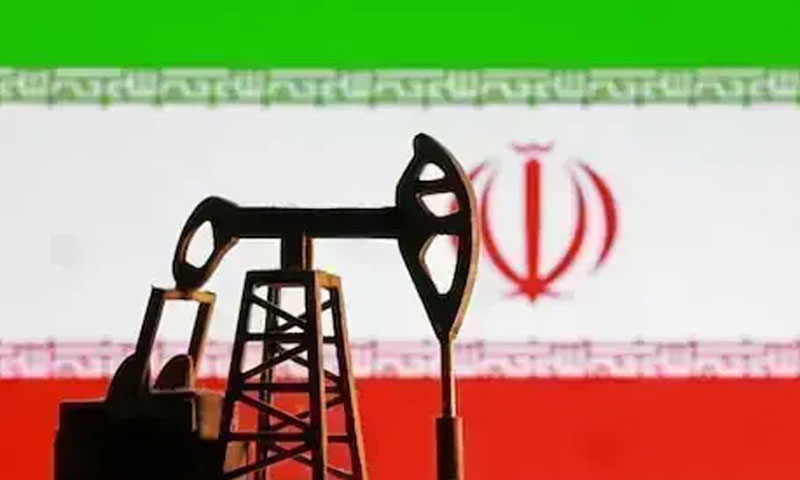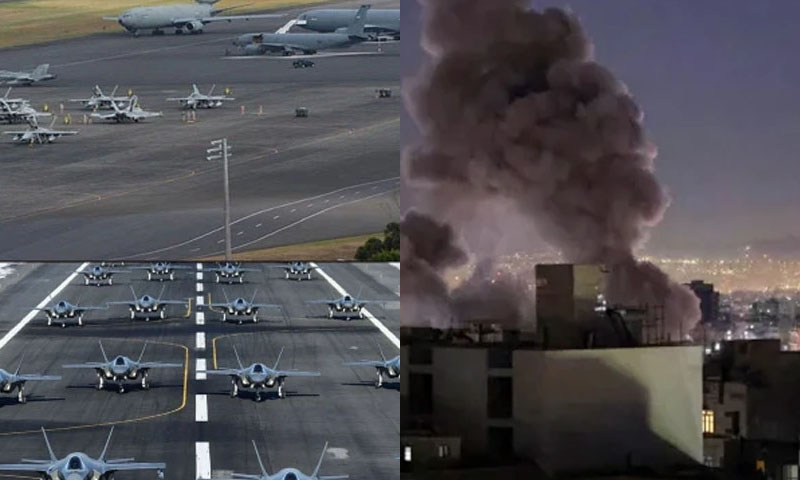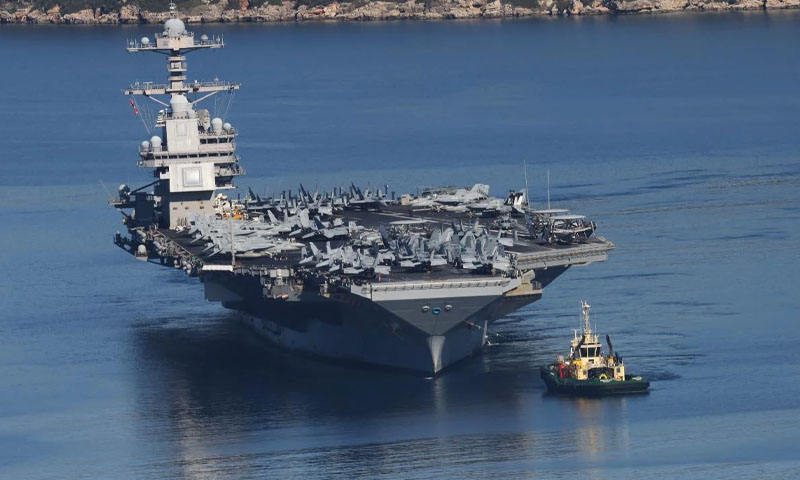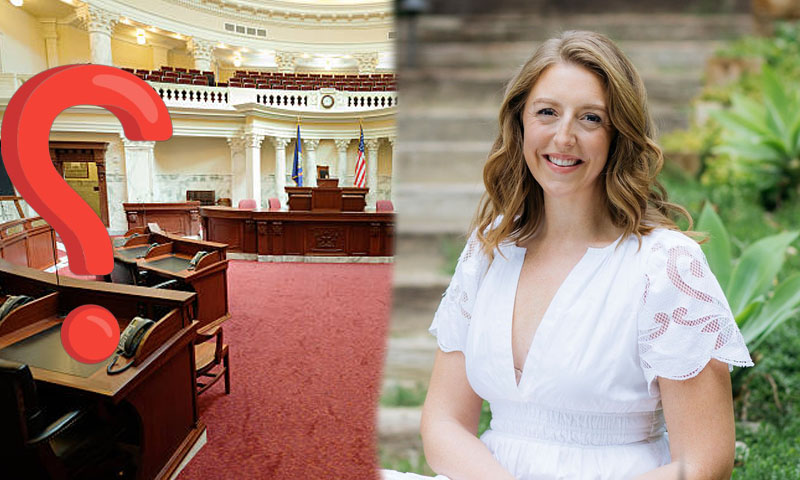- Web
- Today
India, Pakistan and Pahalgam attack: what we know
-

- AFP
- Apr 24, 2025
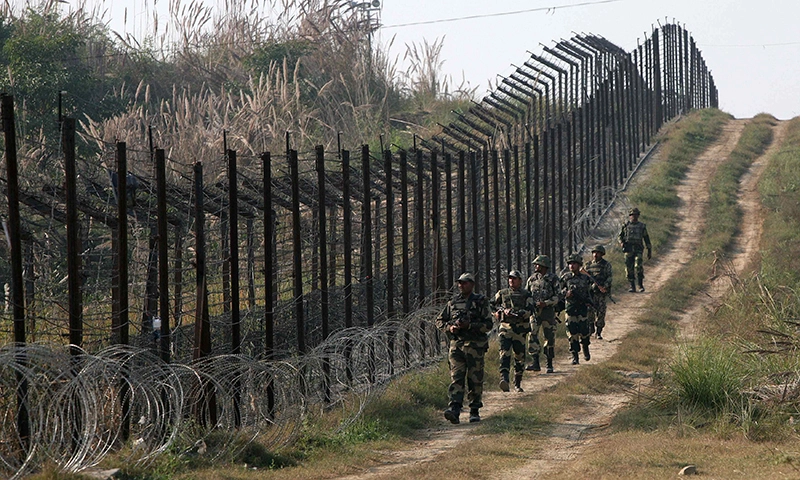
NEW DELHI: Long-troubled relations between nuclear-armed rivals India and Pakistan rapidly worsened after gunmen targeting tourists killed 26 men in Pahalgam in Indian Illegally Occupied Jammau and Kashmir (IIOJK).
It was the deadliest attack on civilians in the disputed Himalayan territory in a quarter of a century.
India accuses Pakistan of being behind Tuesday’s attack but Islamabad rejects those claims as “frivolous”.
The South Asian neighbours have issued a series of tit-for-tat diplomatic measures but analysts fear any further escalation could involve military action.
What happened?
Holidaymakers escaping the sweltering heat of India’s lowland plains were enjoying the tranquil meadows of the Baisaran Valley on Tuesday. The popular site lies beneath snowcapped mountains near the town of Pahalgam.
Gunmen burst out of surrounding pine forests, raking the crowds with automatic weapons.
Survivors told reporters that the gunmen separated men from women and children and then executed several at close range.
They also reported that the gunmen ordered some of the men to recite the Muslim declaration of faith.
Those who could not were shot. All 26 killed were Indian nationals, except one from Nepal.
Most were Hindus. One was a Kashmiri Muslim who gave horse rides to tourists.
What is the issue in Kashmir?
Muslim-majority Kashmir has been divided between India and Pakistan since their independence from British rule in 1947. Both claim the territory in full.
Rebels in the Indian-run area have waged an insurgency since 1989, seeking independence or a merger with Pakistan.
Tens of thousands of people have died in the conflict.
New Delhi’s government revoked the region’s limited autonomy in 2019 and India has an estimated 500,000 soldiers deployed permanently in the territory.
Who were the attackers?
Indian police have claimed two Pakistani nationals were among the three fugitive alleged gunmen. The other was Indian.
A shadowy group called The Resistance Front (TRF) has purportedly claimed responsibility, according to an unverified claim quoted by some Indian media.
India designates TRF as a terrorist organisation and the India-based Observer Research Foundation calls it “a smokescreen and an offshoot of LeT”.
Who is responsible?
New Delhi regularly blames Islamabad for backing gunmen in Kashmir.
Islamabad denies such charges, saying it only backs Kashmir’s struggle for self-determination.
New Delhi issued fresh claims after this attack, saying Islamabad supported “cross-border terrorism”.
Pakistan has denied any role in the attack.
How has India responded?
Indian Prime Minister Narendra Modi has vowed to “punish every terrorist and their backer”.
New Delhi has also issued a raft of punitive diplomatic measures.
Those include suspending a water-sharing treaty, the closure of the main land border crossing with Pakistan and downgrading diplomatic ties.
India has ordered all Pakistani nationals to leave the country, with the exception of remaining diplomats, by April 29.
How has Pakistan responded?
Pakistan hit back with tit-for-tat measures, including expelling New Delhi’s diplomats, and cancelling visas for Indian nationals except Sikh pilgrims.
It also closed its airspace to Indian airlines.
Islamabad also warned it would regard any attempt by India to stop the supply of water from the headwaters of the Indus River as an “act of war”.
How has Kashmir been affected?
The attack targeting tourists was a dramatic shift from the previously common smaller-scale assaults against Indian security forces.
Tourism is vital to the region’s economy and analysts say the unprecedented targeting of visitors will be a body blow to the industry.
Hoteliers reported mass cancellations at the start of the usually busy summer season.
Indian security forces have also launched a huge manhunt, with large numbers of people detained.
Rights groups say previous crackdowns have seen sweeping arrests and a repression of civil liberties.
What will happen next?
Some fear New Delhi’s diplomatic moves may just be an opening salvo — with the potential risk of military action.
The worst attack in recent years in Indian-run Kashmir was at Pulwama in 2019, when insurgents rammed a car packed with explosives into a police convoy, killing 40 and wounding 35.
Indian fighter jets carried out air strikes on Pakistani territory 12 days later. Pakistan shot down an Indian fighter jet and arrested the pilot who was released later.

